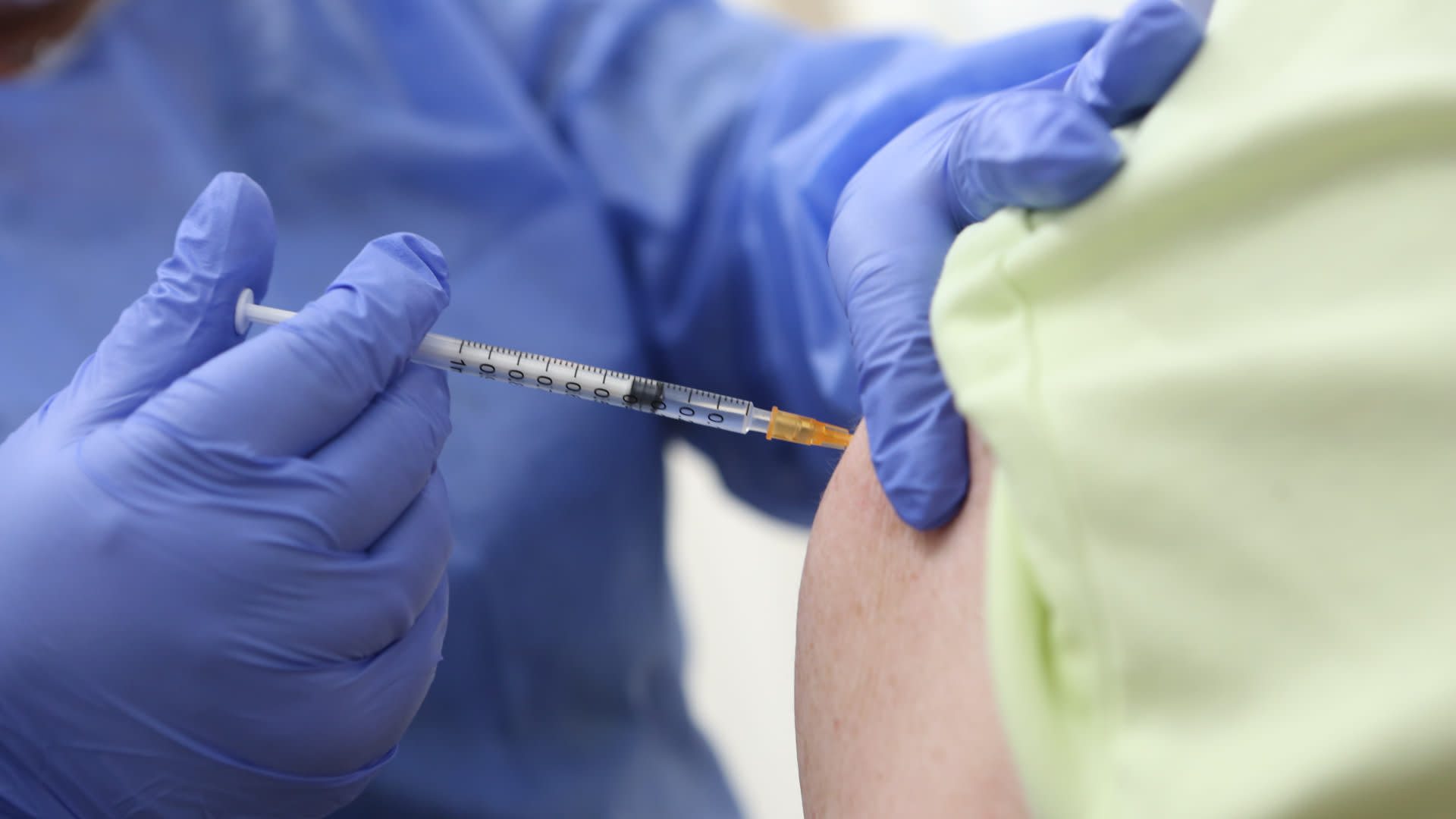
Image via Getty / Matthias Bein / picture alliance
As vaccine implantation continues here in the United States, with many regions already opening eligibility for anyone over 16, all eyes are on what the future of the COVID-19 vaccination will look like.
At the global level, the problems – distribution, manufacturing and cost among them – persist, especially in low-income countries that rely on assistance from the wealthiest countries to provide vaccines to international partners. As detailed in a New York Times Carl Zimmer’s report on Monday, however, there is a promising new candidate on the horizon by the name of NVD-HXP-S.
This vaccine, notably the first in clinical trials to use a new molecular design that could lead to antibodies more potent than the range of vaccines available today, could be produced more easily – and on a larger scale – using chicken eggs. This method of mass production, of course, is the same one used to make billions of flu vaccines each year.
The Institute of Vaccines and Medical Biologists has already announced the start of a clinical trial for NVD-HXP-S, as has the Government Pharmaceutical Organization of Thailand. The Butantan Institute of Brazil also said it is seeking authorization for its own batch of tests. Meanwhile, Avi-Mex in Mexico has obtained a license to determine (through testing) whether the vaccine could be even more effective when used in the form of intranasal spray.
And while the potential impact of this candidate cannot be expected to be felt immediately, its place in the broader process of improving vaccines for the future is quite possibly – to quote Andrea Taylor of the Duke Global Health Innovation Center from the Zimmer’s report – “a game changer”.
As for what is known about the current list of available vaccines, at least here in the United States, recent findings by Pfizer have shown that the protection of its COVID-19 vaccine lasted at least six months after the second dose.
“The high effectiveness of the vaccine seen up to six months after a second dose and against the variant prevalent in South Africa provides more confidence in the overall effectiveness of our vaccine,” said Albert Bourla, president and CEO of Pfizer, about the latest findings at last week .
Also potentially in the future for Pfizer (and other vaccines approved as Moderna) is the possibility of needing to implement booster doses. Although the CDC noted in a set of recommendations in March that the “need and timing for” booster doses has not been established at this time, many have pointed to reinforcements as a likely scenario in the future.
Bourla recently said in an interview with NBC News that the Pfizer-BioNTech team was actively researching the possible benefits of additional doses.
“We believe that the third dose will increase the antibody response 10 to 20 times,” said Bourla in February.
For information on the current availability of the vaccine in your area, including how to make an appointment, visit the VaccineFinder website now.
Related articles
More complex
Sign up for Complex Newsletter for breaking news, events and exclusive stories.
follow Complex on Facebook, Twitter, Instagram, YouTube, Snapchat, TikTok
